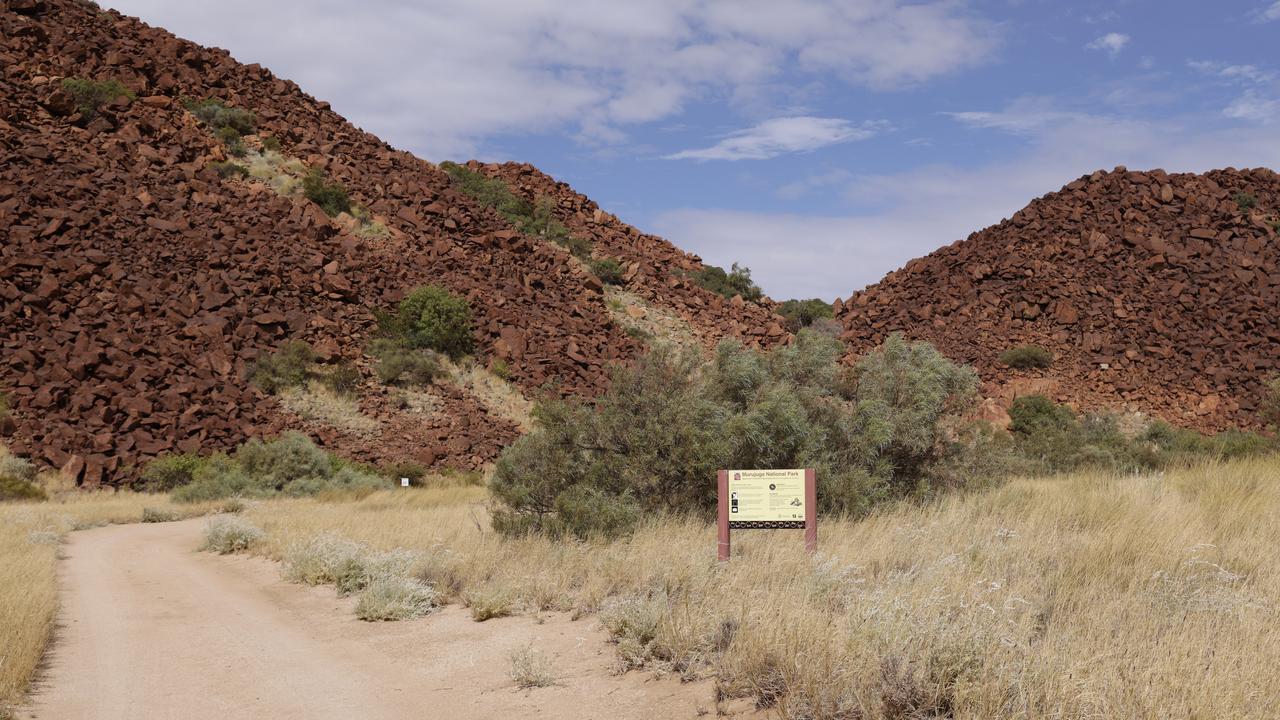
Official figures showing greenhouse gas emissions in WA increasing to near record levels confirm the state as Australia's climate change capital, a Greens MP says.
WA emitted 89.37 million tonnes of carbon dioxide in 2022/23, the latest available data shows, an annual increase of nearly four per cent on the previous year.
The figures are in the National Inventory Report 2023, recently submitted to the UN climate change secretariat under reporting requirements of the Paris Agreement.
The data, which spans 1989-2023, shows WA's highest emissions were 89.64Mt in 2009/10.

Greens WA leader Brad Pettitt said it "reinforces what we already knew - Western Australia is the climate change capital of Australia".
"WA's emissions have continued to rise under Labor in the critical decade for climate action, peaking again in 2023, almost 17 per cent above 2005 levels," he said.
It was even more concerning that WA's emissions were set to continue rising to 2030 "and maybe even beyond because the Cook Labor government has no serious plan to decarbonise our economy".
"The Cook Labor government have also dumped their commitment to legislate a pathway to net zero by 2050 - the absolute bare minimum - and continue to use Woodside talking points about WA gas helping to decarbonise Asia - talking points that have been proven to be false and misleading," Dr Pettitt said.

Conservation Council of WA executive director Matt Roberts said it was "unfathomable" that Premier Roger Cook had indicated that he expected emissions to go up.
He said that "folks are really fired up to try and express themselves in a way that they feel heard," about growing concerns over emissions.
He was speaking after protests across the country on Wednesday targeting government MPs, as green groups pressure federal environment minister Murray Watt to consult the public and release the conditions of his approval to extend Woodside's North West Shelf gas project.
The approval, announced on May 28, would allow Woodside to extend the project's life from 2030 to 2070, subject to conditions about the impact of air emission levels from the expanded onshore gas plant at Karratha in WA's northwest.
Those conditions remain secret and a coalition of 80 groups and prominent individuals have written to Mr Watt demanding he publicly release them, and use his powers under the Environment Protection and Biodiversity Conservation Act to allow the public to be consulted.

Woodside still has to accept conditions around heritage and air quality at the project on WA's Burrup Peninsula, home to ancient rock art, before the approval is made official.
On Wednesday morning, conservation councils coordinated protests against the approval at government and MP offices in all states and territories.
Indigenous as well as non-Indigenous Australians "deserved to be heard" in light of recent information on climate, emissions and impacts from the facility on Murujuga rock art, Mr Roberts said.
Campaigners fear the extension approval brings Woodside a step closer to tapping the Browse Basin gas field, a vast reserve beneath the pristine Scott Reef, north of Broome.
"If the extension goes ahead, it will lock in polluting gas for decades to come, creating demand for new gas projects like Browse, bringing Woodside's toxic operations closer to Scott Reef, and setting back the clean energy transition in WA," Mr Roberts said.







